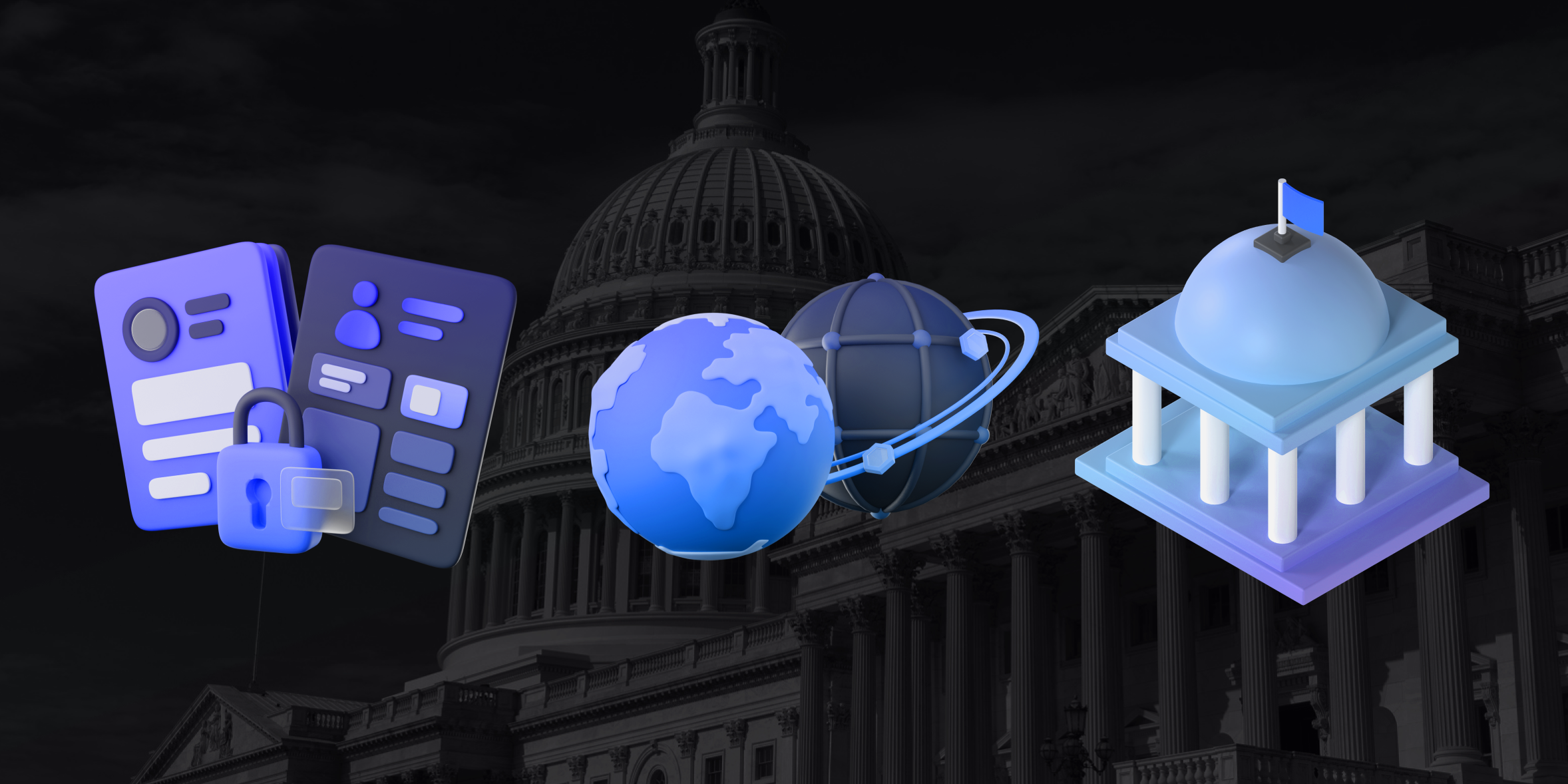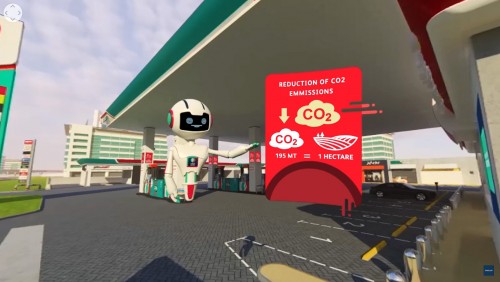Leveraging the Metaverse: An Innovative Approach to Government Services

Metaverse and Government Services: A New Vision
The Metaverse, a term that depicts an expansive, collective virtual shared space, is not just a buzzword. It has the potential to become a technological game-changer, and it is making inroads into government services. The Metaverse, with its inherent capability for decentralization, interoperability, and real-time rendering, offers a new vision for public service delivery. It promises to create a government 'without walls,' where services are not just digitized but are truly immersive, interactive, and personalized.
In this new vision, the Metaverse will serve as a virtual public square, an inclusive platform where citizens interact with government bodies in a completely different, yet highly efficient manner. For instance, imagine attending a virtual town hall where you can voice your opinions and concerns directly to your local representative, all from the comfort of your living room. Or consider the prospect of a virtual public office, where you can complete processes like renewing your driver's license or applying for social benefits without the hassle of long lines or waiting times.
Furthermore, the Metaverse could enable governments to offer more than conventional services. It could introduce new forms of civic engagement, such as virtual public consultations and deliberative platforms. In this way, the Metaverse could transform the public sector from a provider of services into a facilitator of democratic participation and community building. The potential applications of this technology in the public sector are countless, offering an innovative approach to government services.
Real-World Examples of Metaverse in Government Services
The use of Metaverse in government services is not just a theoretical concept, but a reality being explored by various governmental bodies across the globe. The city of Seoul, for example, is developing a Metaverse platform called 'Metaverse Seoul,' aiming to provide a virtual space where citizens can access city services, participate in cultural events, and engage with the local government. This initiative is a testament to the potential of the Metaverse in transforming public service delivery.
In another example, the U.S. Army is leveraging the Metaverse to create realistic training simulations. In this 'synthetic training environment,' soldiers can practice manoeuvres and strategies in a safe and controlled virtual setting, improving their preparedness for real-world scenarios. This application demonstrates how the Metaverse can enhance not only civilian government services but also critical sectors like defense and security.
Moreover, the European Union has launched the 'Digital Twin Earth' initiative, a virtual representation of the earth to monitor climate change and environmental degradation. This project underscores the potential of the Metaverse to facilitate decision-making and policy formulation in government services, particularly in areas related to sustainability and the environment.
Challenges of Implementing Metaverse in Government Services
Despite its potential, implementing the Metaverse in government services is challenging. One of the main obstacles is the digital divide. Not everyone has access to high-speed internet or advanced technology required to fully participate in the Metaverse. This could lead to a two-tier system where only those who can afford to access the Metaverse can benefit from its services.
Another challenge is data privacy and security. In the Metaverse, users' actions and interactions generate vast amounts of data. This raises concerns about how this data is stored, used, and protected. Governments will need robust strategies to ensure that citizens' privacy is respected and that their data is secure.
Additionally, the Metaverse, with its immersive and potentially addictive nature, could pose societal challenges. Governments will need to consider the potential impacts on mental health, social relationships, and societal norms. This means that regulatory frameworks and policies will have to be developed alongside the technology to ensure that it is used responsibly and ethically.
The Future of Government Services in the Metaverse
Despite these challenges, the potential of the Metaverse to revolutionize government services cannot be ignored. The Metaverse could become a cornerstone of digital transformation in the public sector, offering a more immersive, participatory, and efficient approach to service delivery.
In the future, we could see a shift from physical public offices to virtual ones where citizens can access services anytime, anywhere. We could also see more democratic participation, with virtual platforms enabling citizens to voice their opinions and influence policy-making. Furthermore, the Metaverse could facilitate more effective decision-making, with virtual simulations providing valuable insights into complex issues.
The Metaverse could also foster transparency in government operations. With blockchain technology, for instance, governments could record and verify transactions in the Metaverse, ensuring accountability and preventing corruption. Additionally, artificial intelligence could be leveraged to analyze data generated in the Metaverse, leading to more informed policy decisions and better public services.
Conclusion
The Metaverse is not just a technological trend; it's a paradigm shift that could redefine how government services are delivered. As we stand on the precipice of this digital breakthrough, it is crucial that we explore and embrace the potential of the Metaverse while also addressing the challenges it presents.
In doing so, we can create a more engaged, efficient, and equitable public sector. Leveraging the Metaverse for government services is an innovative approach promising to democratize access, streamline services, and foster transparent governance. The future is here, and it's time we take a leap into the boundless possibilities that lie within the Metaverse.







 Call
Call
 Mail
Mail